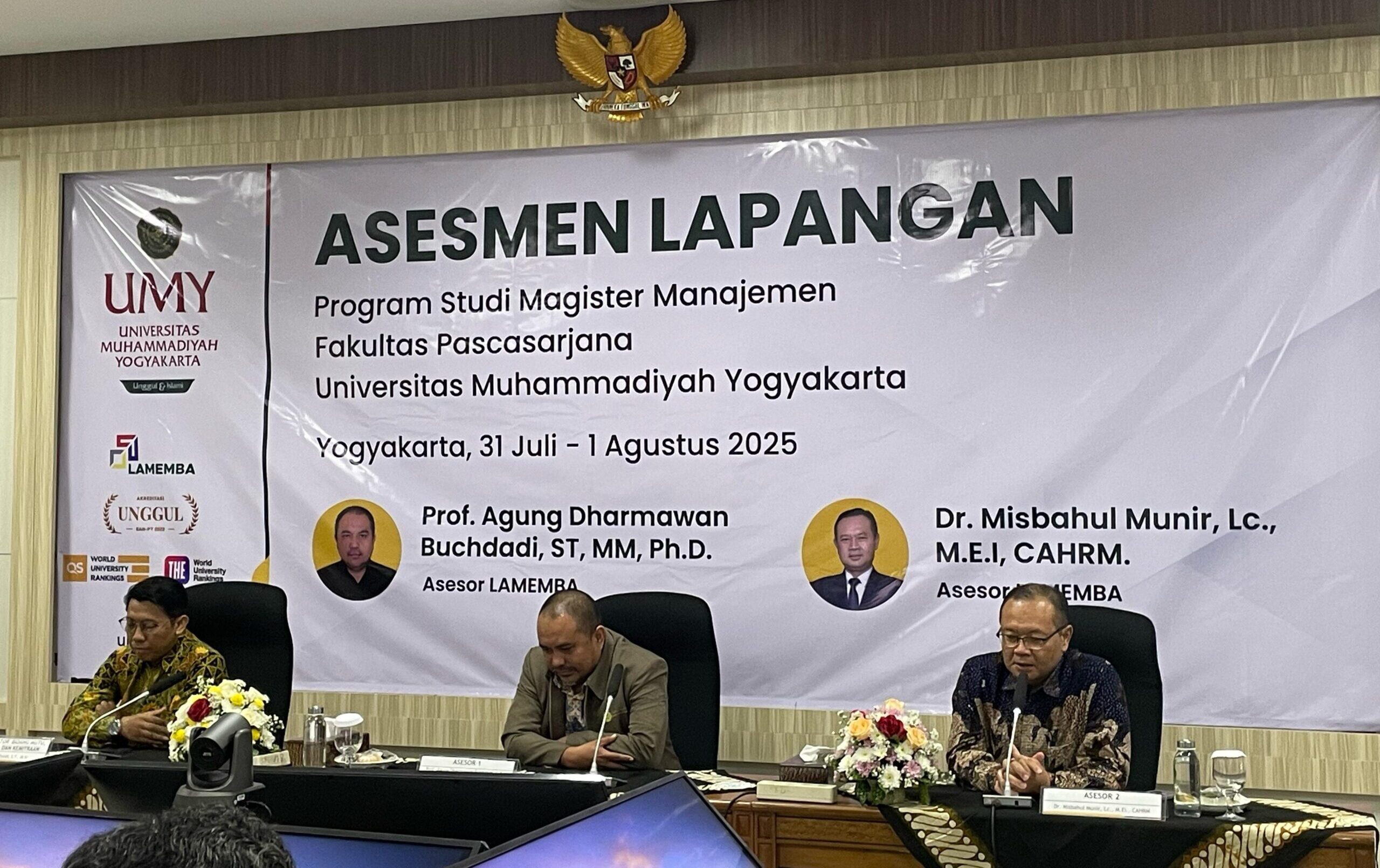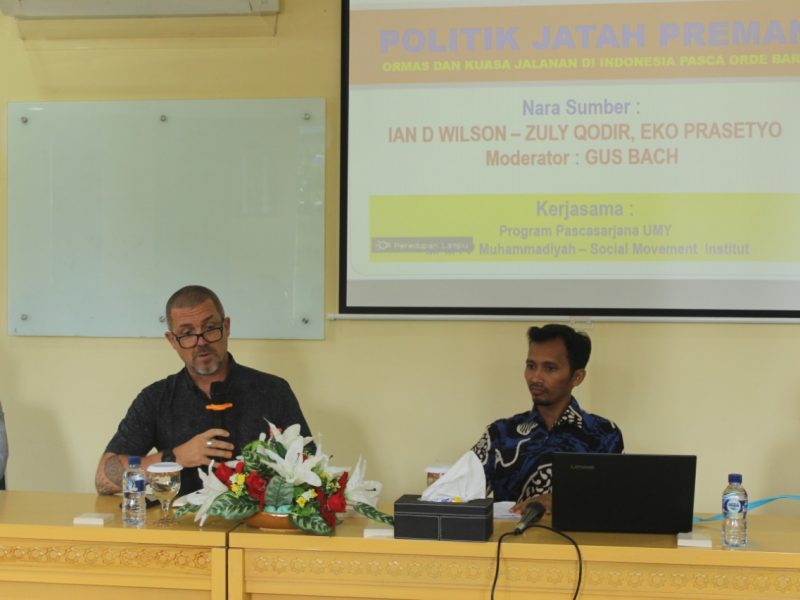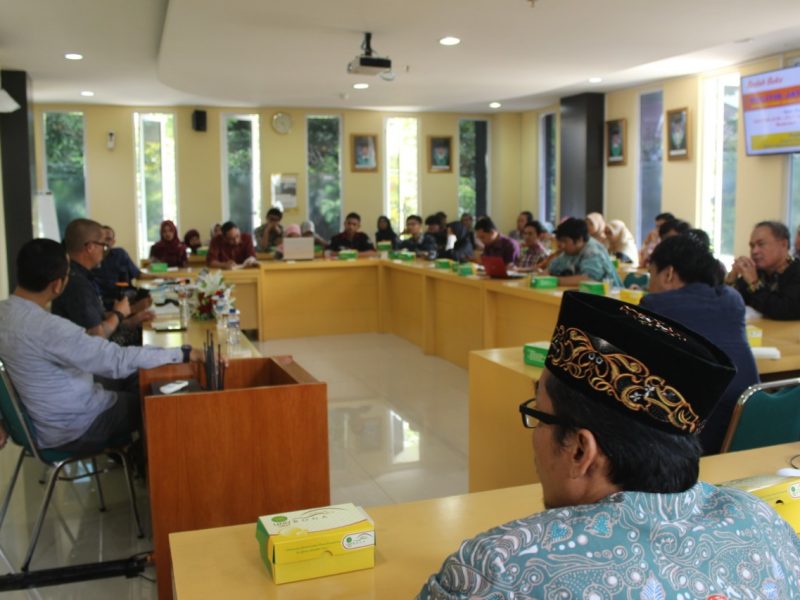

The presence of gangs, thugs, and militias has been a persistent feature of Indonesian socio-political life. A captivating book titled “Politics of Patronage: Thugs and Street Power in Post-New Order Indonesia,” written by Ian Douglas Wilson, was reviewed at a book discussion event organized by the Universitas Muhammadiyah Yogyakarta (UMY) Graduate Program. The event took place on Tuesday, January 15th, in the Graduate Program Director’s Meeting Room.
This event was a collaboration between the UMY Graduate Program, the Community Empowerment Council (MPM), and the Social Movement Institute. In addition to the author, Ian D. Wilson, the discussion featured speakers Zuly Qodir and Eko Prasetyo, with Gus Bach serving as the moderator.
As the author, Ian explained that the book delves into the enduring patterns and transformations of thug politics from the New Order era to the post-New Order period. Groups like the FBR (Forum Betawi Rempong) emerged from the contradictions and tensions that characterized Jakarta’s street politics post-New Order.
Ian highlighted that democracy has opened up new possibilities. These groups have created social hierarchies by offering protection. Organizations like the FPI (Islamic Defenders Front) and FBR often operate independently of direct military or police control, as long as they maintain a quasi-state role in preserving the socio-political order, which generally benefits the interests of political and business elites. This makes them valuable “partners” and even “national assets,” often rewarded with economic and political concessions.
Zuly Qodir, a sociologist, added that as long as the military, business owners, and politicians remain interconnected, thugs will continue to be a part of Indonesia’s political landscape.
Eko Prasetyo, another discussant, offered a more critical perspective. He argued that when thugs are given space, they can infiltrate various aspects of society, including academia. He questioned the state’s role in nurturing these groups and the implications for the future of democracy.
Eko concluded that the book highlights the dangerous and murky side of democracy, where thug politics can undermine democratic ideals.
